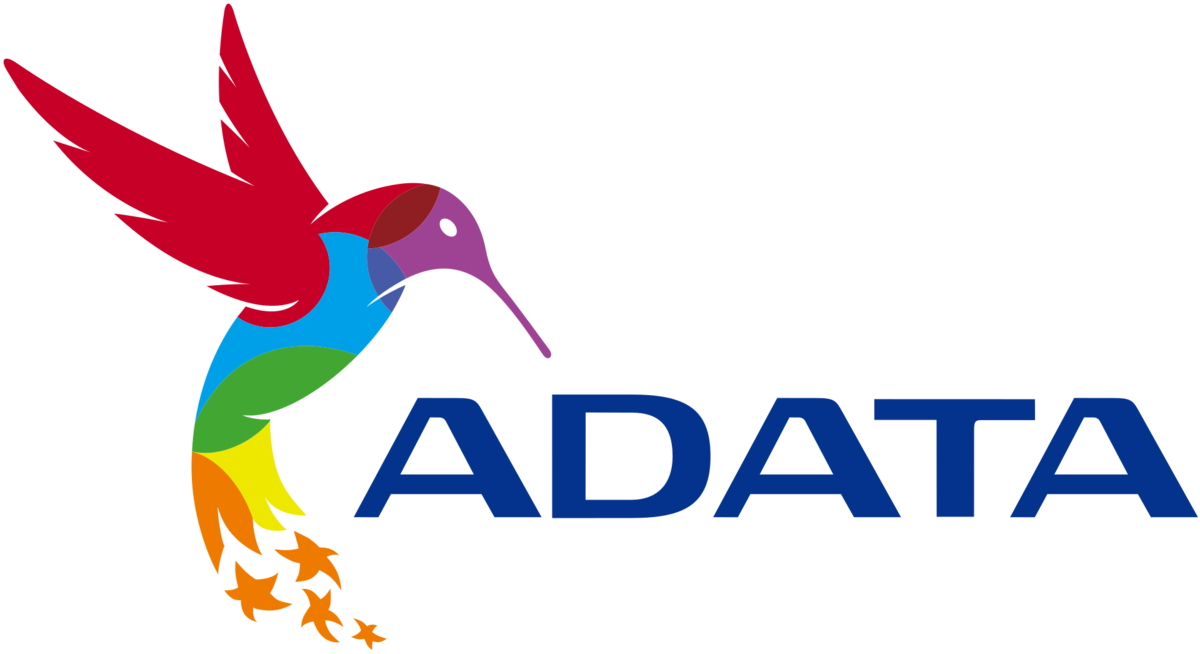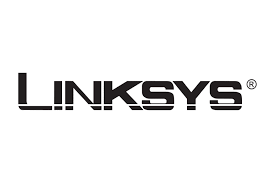Cloud computing refers to the on-demand delivery of IT resources over the internet. Instead of owning and maintaining your own physical servers, data storage, and software, you can access these resources from a cloud provider like Amazon Web Services (AWS), Microsoft Azure, or Google Cloud Platform.
Here’s a breakdown of the key points:
On-demand delivery: You access resources as needed, paying only for what you use, similar to paying for electricity. This eliminates the upfront costs of hardware and software and makes it easier to scale your resources up or down based on your requirements.
Over the internet: You access cloud resources through a web browser or dedicated applications, regardless of your physical location. This provides flexibility and remote access capabilities.
IT resources: These resources can include:
- Servers: Virtual machines that can run various operating systems and applications.
- Storage: Secure and scalable storage space for your data, backups, and applications.
- Databases: Managed database services for storing and managing your data.
- Networking: Virtual networks to connect your cloud resources and applications.
- Software: Access to pre-configured software applications or the ability to deploy your own.
Benefits of cloud computing:
- Cost-efficiency: Pay only for what you use, eliminating upfront hardware costs and ongoing maintenance expenses.
- Scalability: Easily scale your resources up or down to meet changing demands.
- Flexibility: Access your resources from anywhere with an internet connection.
- Security: Cloud providers offer robust security features to protect your data and applications.
- Reliability: Cloud providers have redundant systems and disaster recovery plans to ensure high availability of your resources.
Examples of cloud computing:
- Storing photos and videos online: Services like Google Photos and Dropbox use cloud storage to store your data.
- Streaming music and movies: Platforms like Spotify and Netflix use cloud storage and computing power to deliver content.
- Running online businesses: Many businesses use cloud-based applications for tasks like email, customer relationship management, and accounting.
- Developing and deploying applications: Developers can use cloud platforms to build, test, and deploy their applications without managing their own infrastructure.
In conclusion, cloud computing offers a flexible, scalable, and cost-effective way to access and manage IT resources. It has become an essential tool for businesses and individuals alike, enabling them to focus on their core activities without worrying about managing their own infrastructure.
Need help with your technology? Call 1300-723-628 today for a free, no-obligation quote from your trusted local PC doctor computer repair technician.





















































































